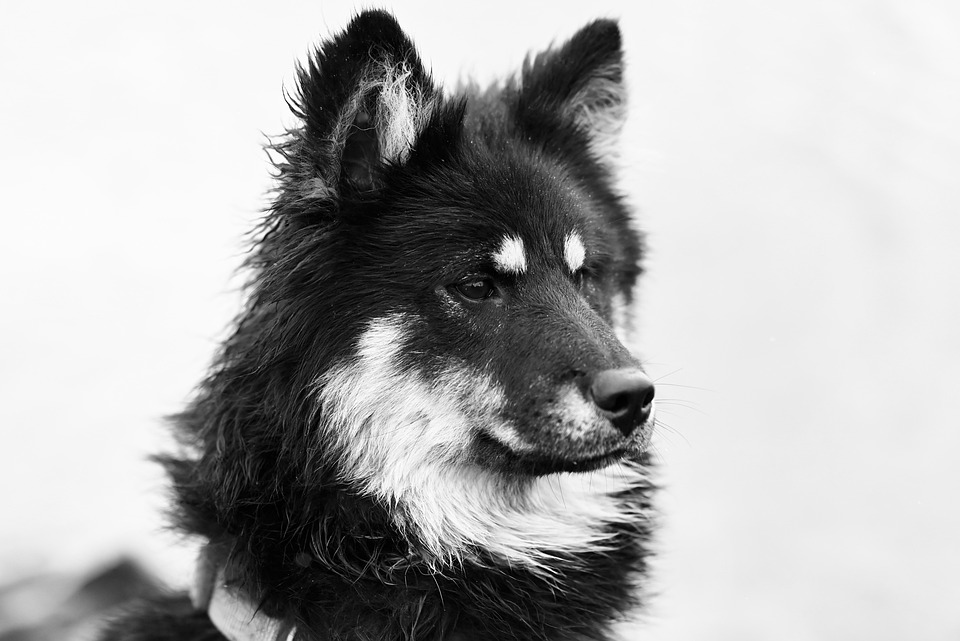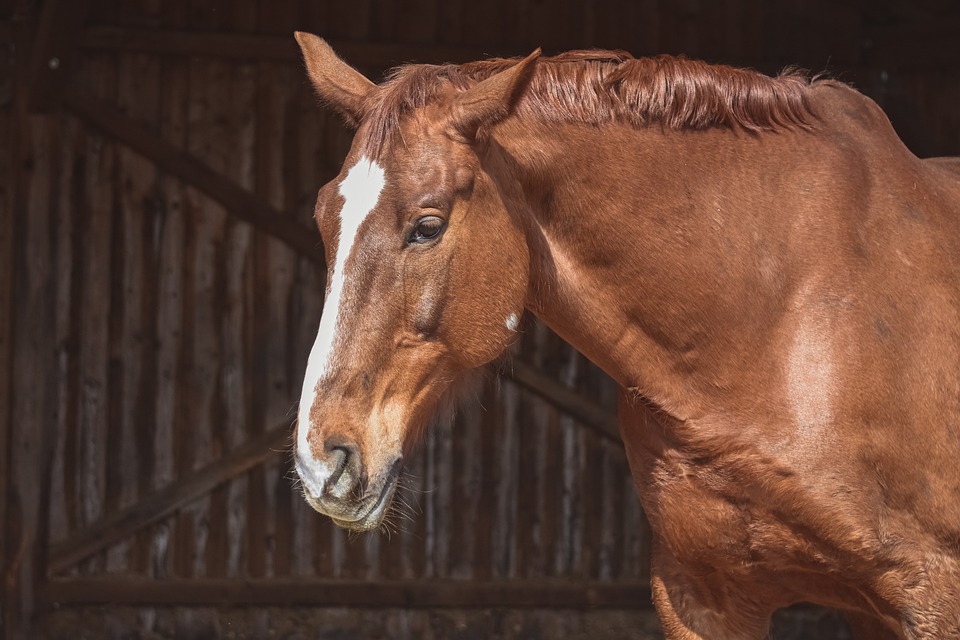Having a baby is a life-changing experience that brings immense joy and fulfillment to new parents. However, for some, the arrival of a baby can also lead to unexpected challenges, especially when it comes to their relationship with their pets. It’s not uncommon for new parents to feel frustrated or even resentful towards their furry companions after welcoming a new addition to the family. In this article, we will explore why some parents may experience a shift in their feelings towards their pets post-baby and provide expert advice on how to navigate this challenging situation with empathy and grace.
Veterinarian Kathryn Dench and dog trainer Jessica Freedman shed light on the reasons behind the common phenomenon of new parents feeling annoyed or frustrated with their pets after having a baby. According to Dr. Dench, pets are highly sensitive to changes in their environment, and the addition of a new family member can disrupt their routines and trigger feelings of jealousy or anxiety. This can manifest in behavioral issues such as excessive barking, chewing, or accidents in the house. Freedman adds that many new parents underestimate the adjustment period required for pets to acclimate to the presence of a baby, leading to unrealistic expectations and potential conflicts.
It’s important for parents to recognize and address these feelings of frustration towards their pets in a healthy and constructive manner. Dr. Dench recommends establishing a consistent routine for your pet, including regular feeding, walking, and playtimes, to help alleviate anxiety-induced behaviors. Quality time spent with your pet, whether through play, cuddling, or short outings, can also reassure them of their place in the family and reduce feelings of neglect or jealousy. Encouraging safe interactions between your pet and your child, under supervision, can help build a positive association and foster a strong bond between them.
In cases where behavioral issues persist, seeking the assistance of a professional dog trainer can provide tailored strategies to address specific issues and improve the overall dynamic between your pet and your baby. While it may be challenging to juggle the demands of raising a child and managing pet behavior, implementing these strategies into your daily routine can help you and your furry companion navigate this transition period more smoothly.
In conclusion, it’s important for new parents to approach the changes in their relationship with their pets with understanding and patience. Just as you are adjusting to your new role as a parent, your pet is also adapting to a new family dynamic. By acknowledging your feelings, seeking support when needed, and prioritizing the well-being of both your child and your pet, you can foster a harmonious and loving environment for your entire family to thrive.





